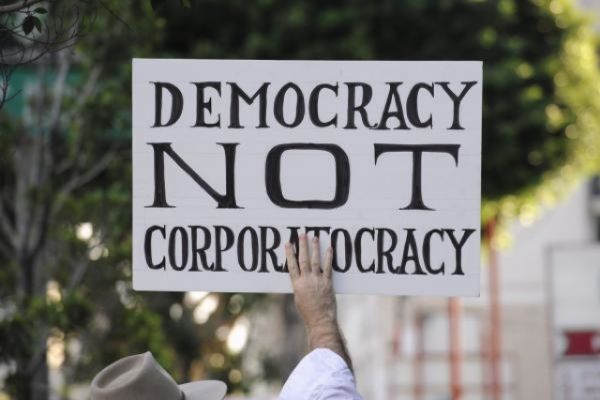Election Highlights Need for Campaign Finance Reform

After an astounding $6 billion was spent this election cycle, Americans are once again confronted with the issue of campaign finance reform and the role of corporations in deciding the future of America. Inherent in any discussion of campaign finance reform is the 2010 Citizens United decision, which prohibits the government from restricting political spending by corporations and unions, essentially ruling that corporations are entitled to unlimited campaign spending.
Since the ruling, opponents of the decision have been vocal about their dissent, forming coalitions nationwide in favor of amending the Constitution. Voters in Montana and Colorado rejected the ruling, "with 75 percent and 74 percent of the state’s citizens voting against it, respectively."
Most recently, San Diego City Councilwoman Marti Emerald has called to overturn the controversial decision, focusing on the effect of the national ruling on state and local elections. She writes,
"The Citizens United case directly impacts state and local efforts to control the influence of corporate money in their own elections," continuing that the "ruling and its far reaching effects represent serious and direct threats to our democracy.''
Twenty-two states have come together to oppose Citizens United, backing Montana in its fight against the Supreme Court ruling. In their attempt to "Stamp Money Out of Politics," Montana and Ben Cohen, of Ben and Jerry’s Ice Cream, are encouraging people to stamp dollar bills with that message to spread the word against policies like Citizens United.
Minnesota Rep. Rick Nolan recently spoke out against the ruling, arguing:
“Candidates are spending all their time raising money and campaigning, and nobody’s governing,” he said. “That poses a real serious threat to our economy and our future.”
However, in a Thursday speech to the Federalist Society, Justice Alito defended the 2010 Supreme Court decision. Rebutting the prominent argument against Citizens United -- the notion that corporations should not get free speech rights like individuals -- he said, “It is pithy, it fits on a bumper sticker, and in fact a variety of bumper stickers are available.”
He continued to identify the "real issue" as whether or not free speech rights should be limited to "certain preferred corporations, namely those media organizations.”
The election made clear that American voters do not want corporate dominated elections, and that campaign finance reform is the necessary next step in American politics. Attempts to amend the Constitution will only grow with the closing of the 2012 election.




